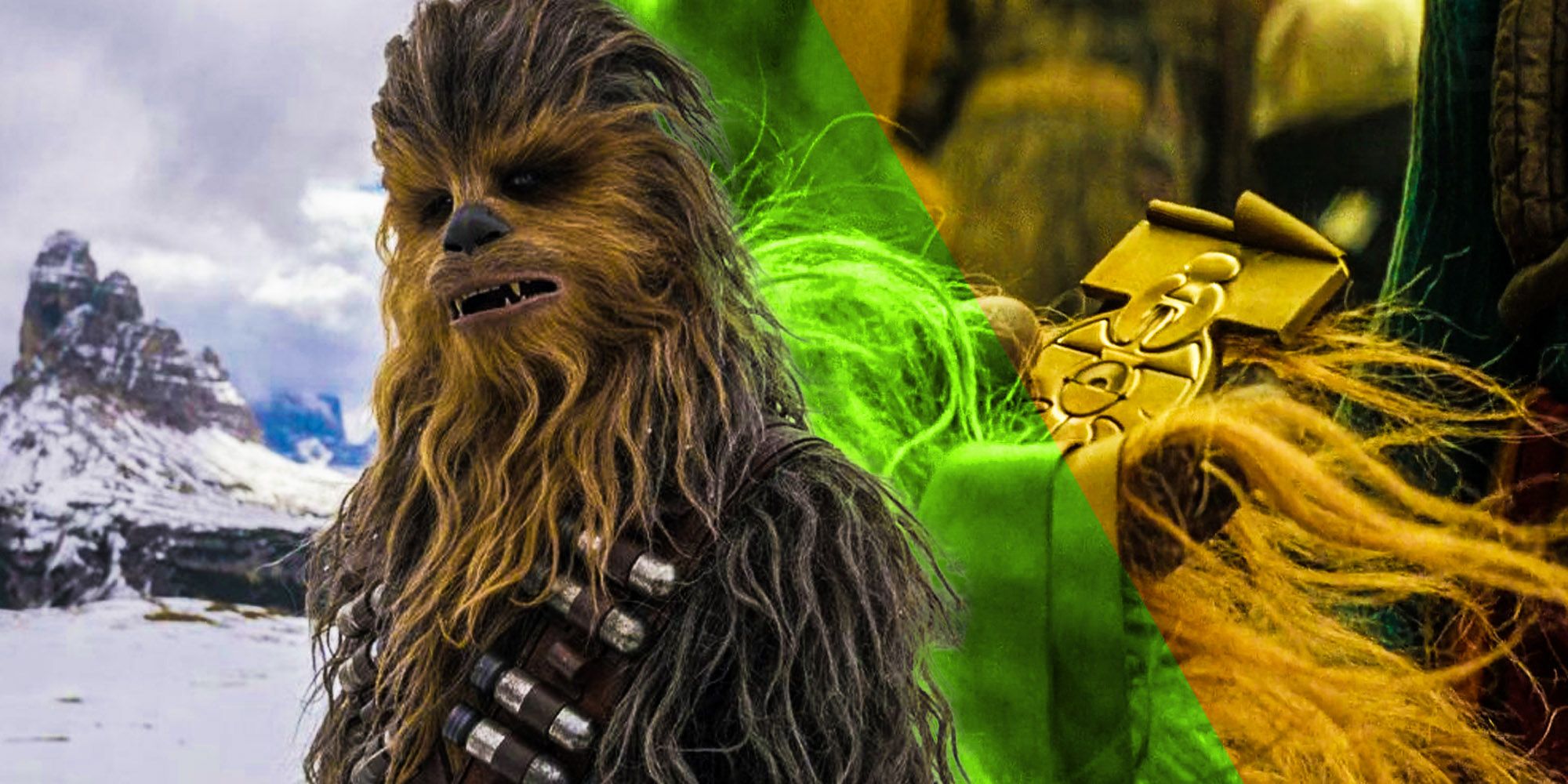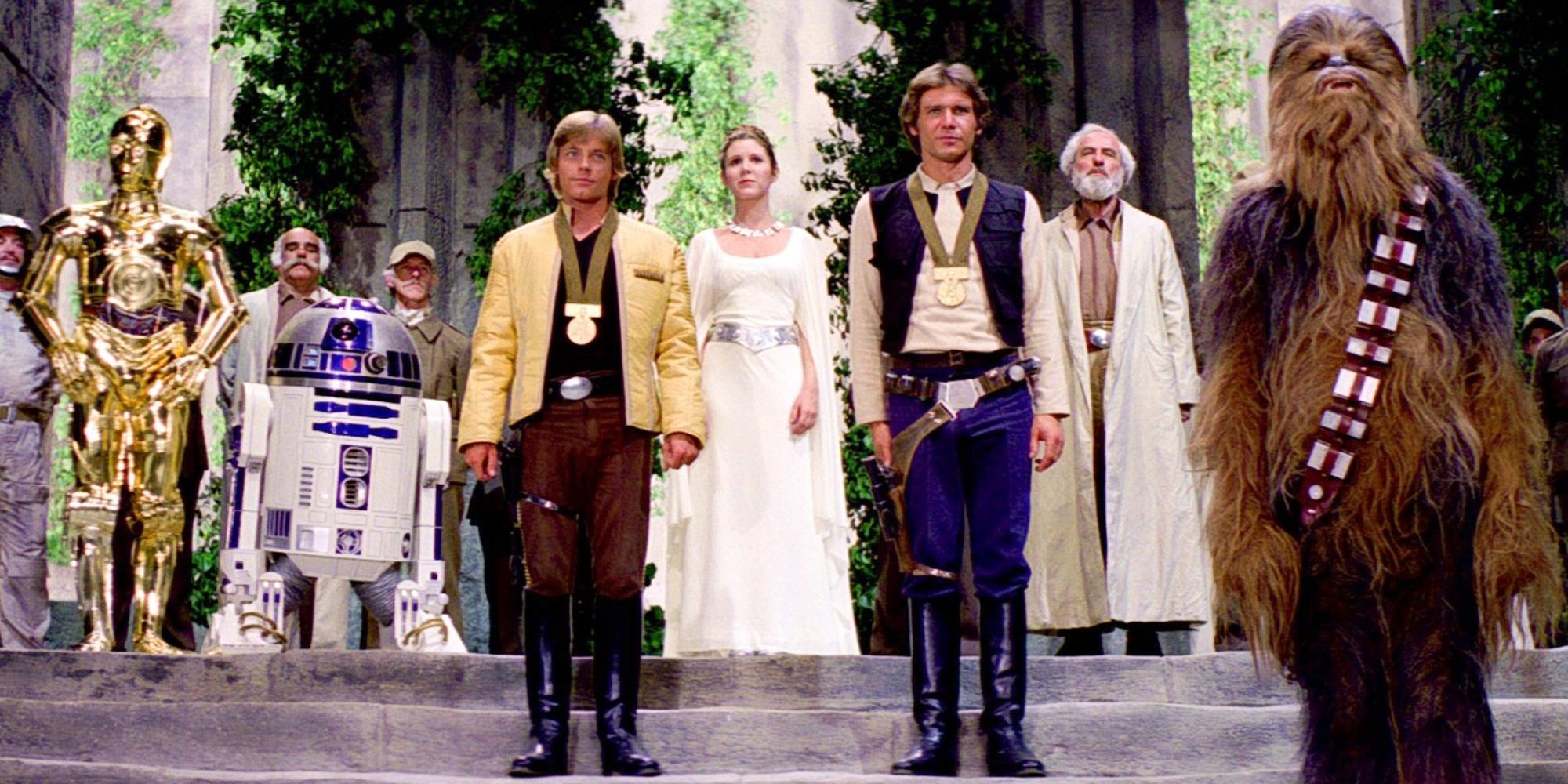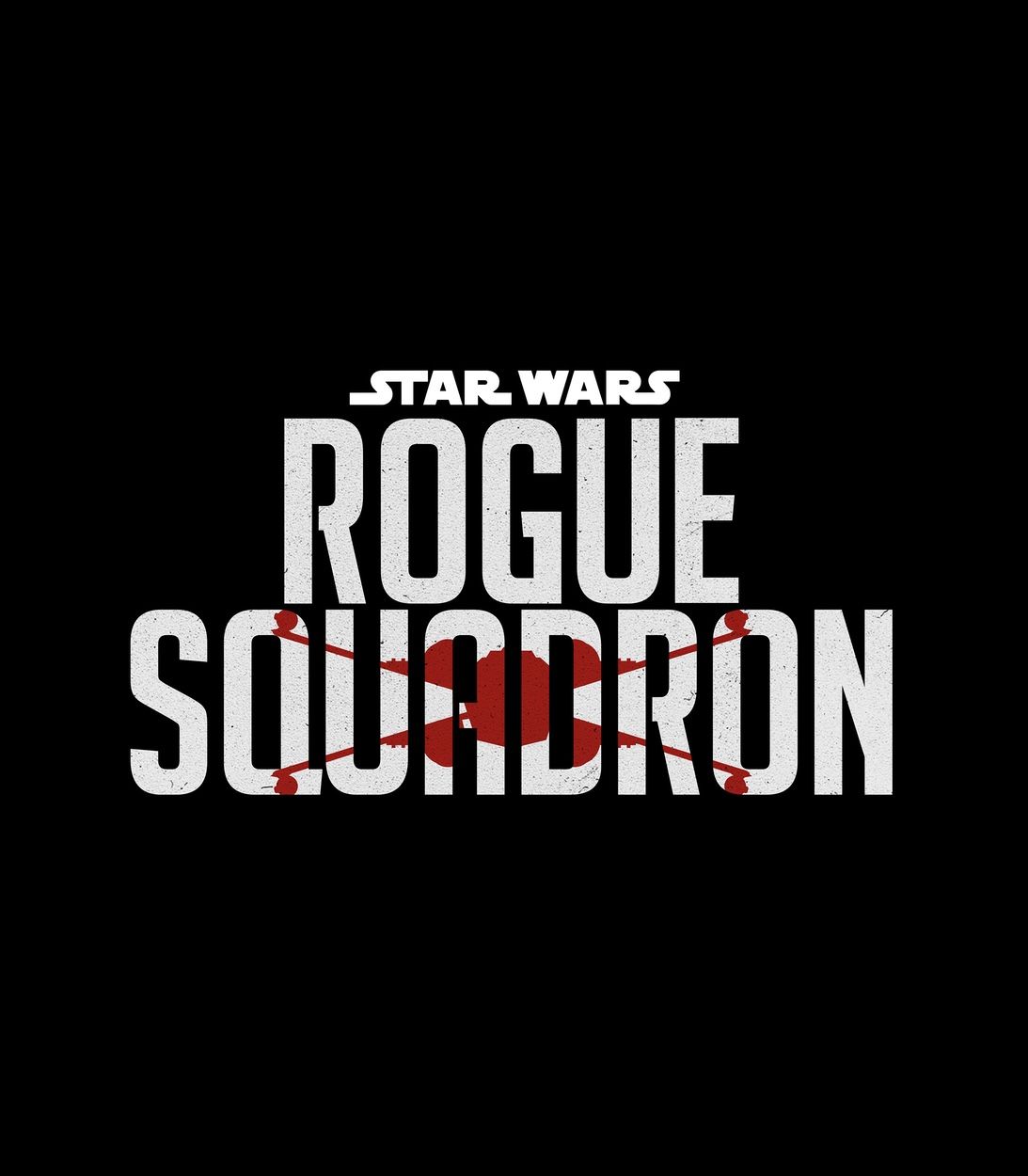It's no secret that Star Wars: The Rise of Skywalker failed to complete the sequel trilogy in a satisfying way, and Chewbacca's medal was just one example of how fan service hurt the film's chances at success. Without a consistent vision for the sequels' arc and mitigating the tragic loss of Carrie Fisher, J.J. Abrams was thrown back into the director's seat on a rushed timeline, hoping to use familiar canonical elements as a shortcut to fan engagement. But Chewie receiving his medal was emblematic of the problem with this approach—one which doomed Episode IX to failure.
At the end of the original 1977 Star Wars film, the heroes were celebrated for their bravery in destroying the Death Star: Princess Leia presented the trio of Luke, Han, and Chewie to a raucous congregation of rebels and draped a pair of medals around the necks of the first two. But fans took notice of how Chewie, instrumental to the success of the mission, was snubbed by Leia and presumably had to endure a long ride home from Yavin 4, medal-less while his co-pilot sported his new hardware beside him. While a myriad of writers, including George Lucas himself, sought to explain the omission in later expanded universe material, fans continued bleating for Chewie's recognition, even if their cries were ultimately toothless.
But with the tumultuous script situation of Episode IX being as it was, this complaint found its way into the final product. Blame for the story problems with The Rise of Skywalker can be passed around ad nauseam—from Abrams to Colin Trevorrow to Kathleen Kennedy and back again—but the end result was evident: the film tried to cover its shortcomings with cheap attempts at fan service. Chewbacca didn't receive his medal in Rise of Skywalker because he was any more integral to the rebels' success than he was in any other film. He got it because the writers knew of this fan complaint and hoped that addressing it would satiate them.
Though the Chewie-needs-a-medal complaint has existed since Star Wars' initial release in 1977, the impact of fans on media has grown exponentially with the advent of the internet age. Whereas fans had relatively little say in their favorite shows or movies beyond the metrics of their consumption in the 70s, strong, vocal contingents of like-minded fans could congregate on internet platforms and loudly voice their input directly to content creators. It's what helped the prematurely-canceled Firefly TV series to finance its own continuation film Serenity in 2005. It's what shaped, for better or for worse, the meandering late stages of the celebrated HBO drama Game of Thrones. It's what, most recently, contributed to the release of Zack Snyder's Justice League.
When executed well, fan service can harness this immense power of engagement to an astronomical effect. Avengers: Endgame did the impossible by seamlessly integrating fan service into a capstone resolution of several multi-film arcs, earning all-time top-grossing status along the way. But the difference between seeing Cap earn the hammer and watching Chewie receive his medal is precisely that: Cap's character earned that story beat, while in Chewie's case, the writers did no support work to justify the decision.
Like the Force, fan service is two-sided. When added in good faith to a story that can stand on its own merits, fan service can yield remarkable results. Alternatively, when thrown in as being necessary to the success of the product, it will fail, as it did in Star Wars: The Rise of Skywalker. Whether Chewie ever wanted or needed a medal is of no consequence because it was of no consequence to the writers. What mattered instead was that by shoehorning in this moment, they hoped to circumvent the painstaking work of concluding a satisfying trilogy by cheaply appealing to supposed fan desire.



